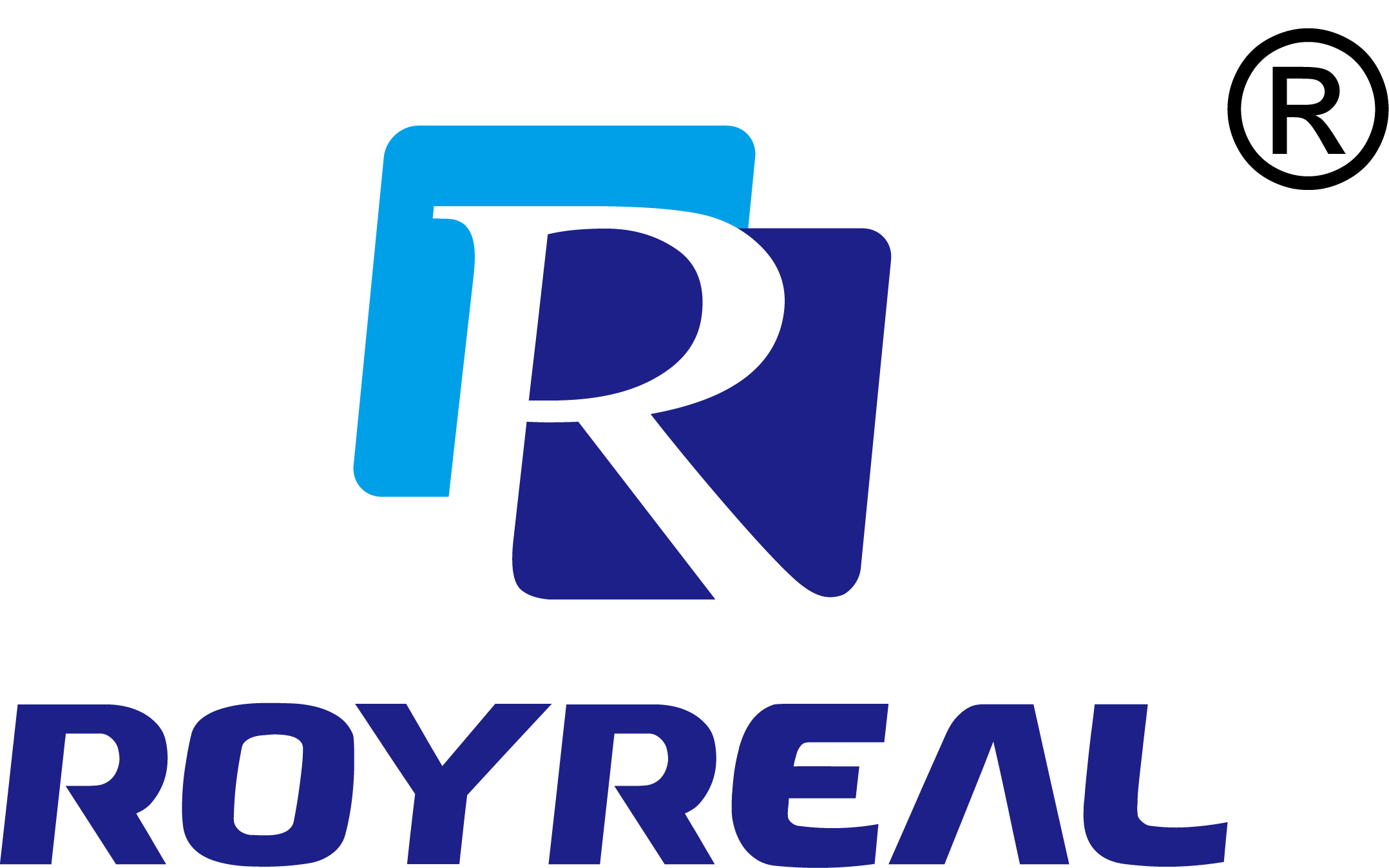Why Wet Gas Meter Calibration is Crucial for Accurate Measurements: Ensuring Reliable Data for Industrial Processes
Category: Industry News
Time:2024-12-09
Table of Contents:
1. Introduction
2. Why Wet Gas Meter Calibration is Essential
3. Accurate Measurements and Industrial Processes
4. The Importance of Reliable Data Collection
5. Benefits of Proper Wet Gas Meter Calibration
6. Understanding the Wet Gas Meter Calibration Process
7. Frequently Asked Questions
8. Conclusion
1. Introduction
In today's industrial landscape, precision and accuracy are paramount. Ensuring accurate measurements in various processes is vital for optimizing efficiency, maintaining safety standards, and minimizing costs. One critical aspect of achieving accurate measurements is wet gas meter calibration. This article delves into the significance of wet gas meter calibration and why it is crucial for accurate measurements in industrial settings.
2. Why Wet Gas Meter Calibration is Essential
Wet gas meter calibration is essential because it guarantees reliable and accurate measurements of gas flow rates, even in the presence of liquids or water droplets. Wet gas refers to a mixture of gas and liquid, which can occur in various industrial applications such as oil and gas production, chemical processes, and wastewater treatment.
3. Accurate Measurements and Industrial Processes
Accurate measurements play a pivotal role in industrial processes as they directly impact decision-making, quality control, and overall operational efficiency. Inaccurate measurements can lead to suboptimal process parameters, resulting in compromised product quality, safety hazards, and increased operational costs.
4. The Importance of Reliable Data Collection
Reliable data collection is crucial for obtaining accurate measurements. Inaccurate or unreliable data can lead to skewed results and misinformation, preventing businesses from making informed decisions. Wet gas meter calibration ensures the collection of reliable data, enabling operators to monitor and control processes effectively.
5. Benefits of Proper Wet Gas Meter Calibration
Proper wet gas meter calibration offers several benefits. Firstly, it improves process efficiency by providing accurate flow rate measurements, enabling operators to optimize their processes and reduce energy consumption. Secondly, it enhances safety by preventing potential leaks, pressure imbalances, and equipment failures. Thirdly, it helps businesses meet regulatory compliance requirements, avoiding penalties and legal repercussions.
6. Understanding the Wet Gas Meter Calibration Process
The wet gas meter calibration process involves various steps to ensure accurate measurements. It begins with the selection and installation of an appropriate wet gas meter, followed by the calibration procedure itself. The calibration process involves comparing the meter's readings with a reference standard under controlled conditions. Regular calibration is necessary to maintain the accuracy and reliability of wet gas meters.
7. Frequently Asked Questions
FAQ 1: How often should wet gas meters be calibrated?
FAQ 2: Can wet gas meter calibration be performed on-site?
FAQ 3: What are the consequences of not calibrating wet gas meters regularly?
FAQ 4: How does wet gas meter calibration affect data accuracy?
FAQ 5: Are there any industry standards or guidelines for wet gas meter calibration?
8. Conclusion
In conclusion, wet gas meter calibration is crucial for accurate measurements in industrial processes. It ensures the reliability of data collection, which is essential for optimizing efficiency, maintaining safety standards, and minimizing costs. By understanding the importance of wet gas meter calibration and implementing regular calibration practices, businesses can achieve optimal results and stay ahead in today's competitive market.
By following the guidelines mentioned above, this article provides valuable insights into the significance of wet gas meter calibration and its impact on accurate measurements in industrial settings.
Keywords:
 EN
EN RU
RU SP
SP
